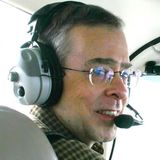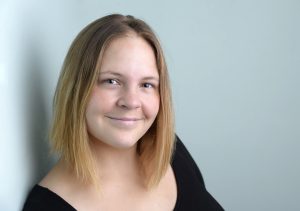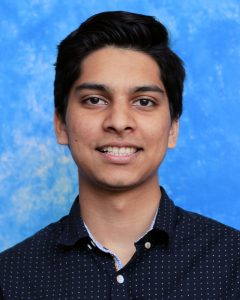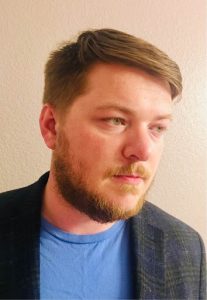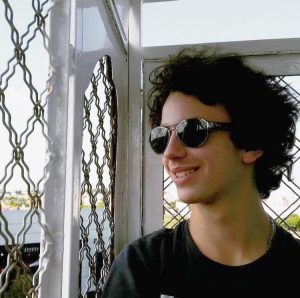 The story of how Rodrigo got his first internship at Dyalog is, in his opinion, a textbook example of serendipity. As 2020 started, Rodrigo began actively participating in an online code golf community, where people try to solve programming challenges in as few bytes of code as possible. Whilst his golfing skills were possibly lacking, the challenges he posted were usually well accepted. Posting many challenges meant Rodrigo got exposed to answers in all sorts of programming languages, from C, Java, Python and JavaScript, to Jelly, 05AB1E, Husk…and APL. Because of the context and the aspect of it, Rodrigo first thought APL was one of those “esolangs” and not a serious programming language.
The story of how Rodrigo got his first internship at Dyalog is, in his opinion, a textbook example of serendipity. As 2020 started, Rodrigo began actively participating in an online code golf community, where people try to solve programming challenges in as few bytes of code as possible. Whilst his golfing skills were possibly lacking, the challenges he posted were usually well accepted. Posting many challenges meant Rodrigo got exposed to answers in all sorts of programming languages, from C, Java, Python and JavaScript, to Jelly, 05AB1E, Husk…and APL. Because of the context and the aspect of it, Rodrigo first thought APL was one of those “esolangs” and not a serious programming language.
Rodrigo’s fascination with APL led him to start frequenting The APL Orchard chatroom, where a small number of brilliant people convened to discuss all things APL. Here he met Adám Brudzewsky, who was keen on teaching APL to newcomers, and so began Rodrigo’s journey to learn APL.
His interest in APL kept growing, and he found it to be a simple and expressive language that also incorporated his affinity with mathematics. One day, while lurking in The APL Orchard, Adám asked Rodrigo if he would be interested in taking an intern position at Dyalog…a few emails later it was established that Rodrigo would work as a part-time intern at Dyalog during the Summer of 2020. This enabled Dyalog to make the most of Rodrigo’s skills in teaching and technical writing, and meant Rodrigo could indulge his passion for sharing knowledge about mathematics and programming while still finishing his MSc in Applied Mathematics. After his internship, Rodrigo took some time to complete his MSc thesis before returning to Dyalog to finish what he had started and hopefully to take part in many other interesting projects. When he is not working for Dyalog, Rodrigo may be found leading a Portuguese APL meetup, writing a blog post for his website (mathspp.com), or maybe leading a workshop or course. Other than working, Rodrigo likes to spend time with his loved ones, read fantasy books, eat chocolate, and watch silly comedy movies.


 Follow
Follow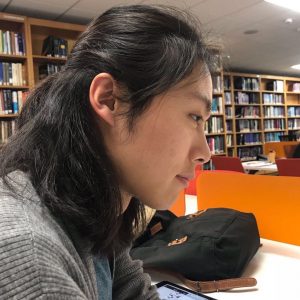 Shuhao joined Dyalog straight after he completed his Master’s degree in quantum computing, which happened to be during the second COVID-related lockdown in the UK. This has given him a quite unusual experience of starting a career as he has yet to meet a single member of the Dyalog team face to face! Shuhao obtained his Bachelor’s degree in mathematics – although he was interested in computer science, he studied mathematics as a way of looking for the root of CS and computing. He has broad interests across different software including Matlab, Python and LaTeX and has developed a solid knowledge on C++.
Shuhao joined Dyalog straight after he completed his Master’s degree in quantum computing, which happened to be during the second COVID-related lockdown in the UK. This has given him a quite unusual experience of starting a career as he has yet to meet a single member of the Dyalog team face to face! Shuhao obtained his Bachelor’s degree in mathematics – although he was interested in computer science, he studied mathematics as a way of looking for the root of CS and computing. He has broad interests across different software including Matlab, Python and LaTeX and has developed a solid knowledge on C++.